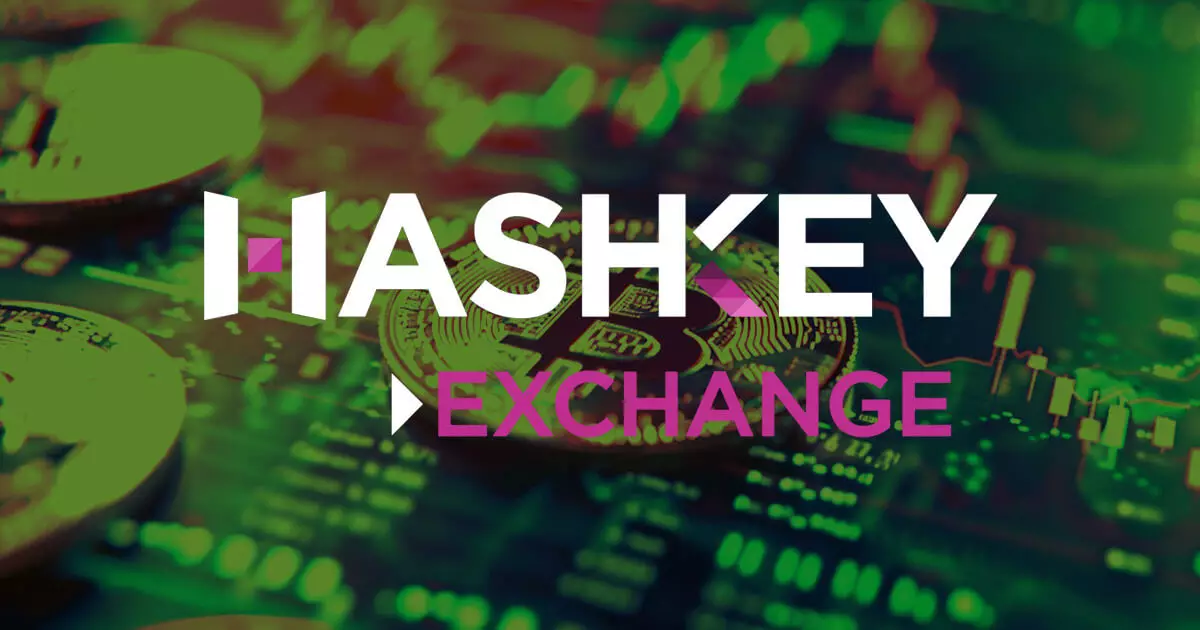HashKey, a crypto exchange based in Hong Kong, has announced that it will no longer support transactions related to Binance, starting next month. This decision comes as a result of a change in the platform’s policy, although specific details regarding the new rules have not been disclosed. The exchange will restrict deposits from Binance as of May 10 and cease support for virtual asset withdrawals to Binance-hosted wallet addresses by May 17. However, transactions to whitelisted unhosted wallet addresses will not be affected.
HashKey’s move to end support for Binance-related transactions adds to the ongoing challenges faced by the global crypto exchange. Binance has encountered regulatory obstacles in several jurisdictions, including Hong Kong, where a related entity recently closed operations and withdrew its licensing application. Additionally, Nigerian authorities have detained Binance executives and accused the exchange of contributing to foreign exchange challenges in the country. Despite these setbacks, Binance has made efforts to comply with regulations and has seen progress in markets like India and Dubai.
While HashKey is distancing itself from Binance, the exchange has been making advancements in its operations. Recently, HashKey’s capital arm received regulatory approval to co-launch a spot Bitcoin exchange-traded fund (ETF) with Bosera International. This approval from the Hong Kong Securities and Futures Commission (SFC) allows HashKey to offer virtual asset fund product services to retail investors. Additionally, the exchange has introduced a global crypto trading platform licensed in Bermuda, aimed at providing digital asset trading services in multiple countries.
HashKey’s decision to end support for Binance-related transactions reflects the evolving landscape of the cryptocurrency industry. As regulatory scrutiny intensifies, exchanges like HashKey and Binance are faced with the challenge of navigating complex legal requirements while continuing to innovate and expand their services. It remains to be seen how these developments will impact the broader crypto market and the relationship between exchanges and regulatory authorities.


Leave a Reply